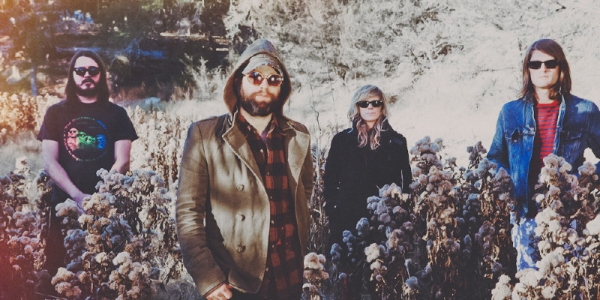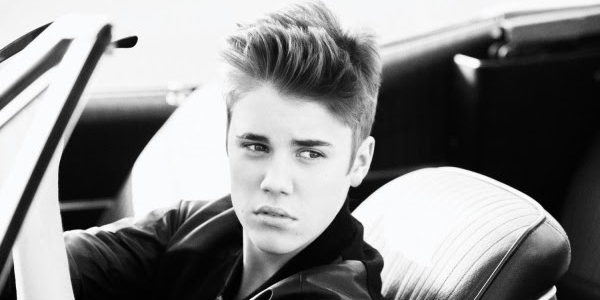Having taken seven years to finally tour Australia from their inception in 2004, The Black Angels’ latest June visit brings their tally up to three visits in three years. Maas explains that the delay was frustrating, and borne of circumstance, rather than any malice toward the band’s Australian fans.
“I know, it took forever!” he sighs. “Passover came out in Australia before anywhere else, as a sort of advance screening to test people’s responses. We didn’t sell a million records or anything, but the response was really good. Touring took so long partially because it’s so expensive, and partially because it takes so long to establish relationships in new places. And also because a number of people had told us, ‘If you don’t come over here, we’re going to kill you.’ So basically, we’re coming over here because we’re alive,” he reasons. “I love Australia, it’s beautiful – it’s like someone took Texas and California, and hauled that shit together into a big island.”
It sounds like a magical place, and Maas is a big fan of its music, too. “Oh yeah, there’s some great stuff happening in Australia: The Dolly Rocker Movement, Astral Kaleidoscope, Beaches, Morning After Girls. You guys are probably used to it, but I’m also really into the Indigenous sounds, with the didgeridoo and the circular breathing. I couldn’t believe Indigenous Australian music when I first heard it, it just sounded completely new to me. It’s almost the original trance music, with its drones and rhythms. It’s similar to the Indigenous music of America, in the way it comes from the soul. When I listen to it, it makes my mind all gooey.”
While Black Angels fans are obviously delighted with the band’s newfound largesse, there is a sense of frustration at the ongoing difficulties that the band have faced in bringing Psych Fest Down Under. The Black Angels are the organisers of Austin Psych Fest, which is in its sixth year, and an Australian edition has long been rumoured to be in the works.
“We still want to do it,” Maas says. “We just couldn’t lock in a venue, or the team of people that we wanted. Location is everything – it doesn’t have to be something amazing, but a cool warehouse, or an old mill, it’s gotta be some place with the right personality. 2014 might be a bit more realistic, though.”
Indigo Meadow represents a continuation of a trend over the last handful of Black Angels releases, in which the band’s characteristically dark, sludgy textures have been deployed with ever-greater focus and concision. Though the band have downsized to a four-piece since Phosphene Dream, Maas says that the personnel change has nothing to do with their more direct sound on Indigo Meadow.
“Well, on Phosphene Dream there were times when we were a four-piece in the studio. On Passover and Directions To See A Ghost, it was just two of us and three of us – that side of things didn’t really change the sound too much. When we go in to make a record, I never know what it’s going to sound like. It’s like shooting a documentary. You have something that you’re focusing on, and then you realise that the real issue is that the chemicals are spilling into the water and killing all the frogs. You were just shooting some cool frogs, and then this whole frame opens up.
“So it’s our first record as a four-piece, since Nate left the band, but that’s not the reason that the record sounds different. It sounds different because we’re in a different place. And it’s pretty subjective, but to me it sounds like The Black Angels.”
Maas is rightly piqued by the suggestion that this move has been driven by commercial motives, instead explaining the progression as an ongoing refinement of the band’s vocabulary.
“That idea has been brought to my attention before,” Maas says, in response to suggestions that The Black Angels’ more streamlined sound is a play for radio-friendliness, “but it seems like a tacky way to make art. Going back to The Beatles, Buddy Holly – Elvis had songs that were a minute and 50 seconds long. That’s as long as Buddy Holly needed to get his point across. If you like it, listen to it again! Listen to Peggy Sue a thousand times if you have to!”
By way of explanation, Maas offers a typically left-field metaphor. “If you’re an author and you’ve only written a couple of books, you might talk about somebody’s shirt for a whole chapter – you describe the colour, the buttons, et cetera. What we’re doing now is asking, ‘Does that chapter need to be there? Does that extra verse need to be there? Or did we get our point across already?’ We’re trying to find the song within the song, and cutting all the rest of the fat away.”
BY EDWARD SHARP-PAUL

